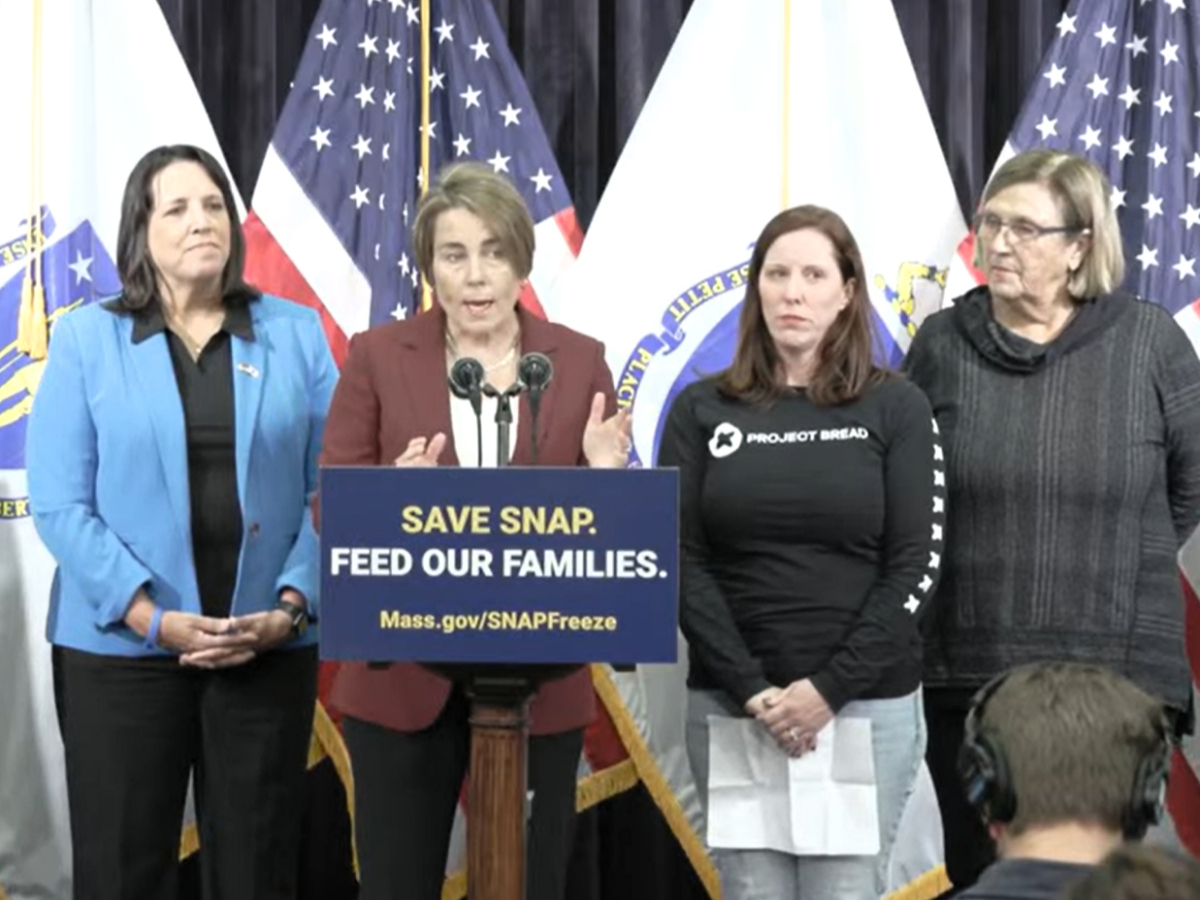Copyright Newsweek

Around 60,000 residents in New Jersey are set to receive a share of $4.9 million to settle a lawsuit filed against Middlesex Water Company for having levels of a certain carcinogenic chemical in its drinking water supply over state health limits. The settlement was announced on October 3 this year, but stems from a case first raised in October 2021, and concerns levels of PFAS chemicals in the company's drinking water supply. Newsweek has contacted Middlesex Water Company and Stephen DeNittis, one of the attorneys involved in the case, via email outside of regular working hours for comment. Why It Matters PFAS chemicals, a group of thousands of different substances, are classified as a Group 1 carcinogen by the International Agency for Research on Cancer, and have been widely found in U.S. drinking water systems. These chemicals are used across various industries, featuring in consumer products and even smartwatch wristbands, as they are favored for their long-lasting nature. But research has unveiled their potential health risks, prompting calls from experts and environmental groups to ensure these chemicals are reduced and regulated in America's drinking water. However, the Environmental Protection Agency (EPA) is looking to roll back regulatory standards for three types of PFAS chemicals in drinking water systems, adding to concern. What To Know In October 2021, Middlesex Water Company, which supplies 61,000 Americans, notified the New Jersey residents it serves that "our system recently violated a New Jersey drinking water standard," and that its PFOA level, one of the many types of PFAS chemicals, was above the state's health limit of 14 parts per trillion (ppt), at 36.1 ppt. The level was measured in 2021, after New Jersey adopted the 14 ppt maximum contaminant level (MCL) in 2020. The water company's notice outlined the risks posed to those who drink water with PFOA levels higher than the state's accepted limit, saying that over time this could lead to those Americans experiencing "problems with their blood serum cholesterol levels, liver kidney, immune system, or, in males, the reproductive system." The company added that PFOA "in excess of the MCL" has also been associated with an increased risk of testicular and kidney cancer, as well as additional risks to pregnant women and fetus health. According to the lawsuit, the company also said that recipients should consider using bottled water for drinking or cooking and seek advice from their health care professionals if they are an infant, pregnant, elderly or have a severely compromised immune system. Following the notice, a New Jersey resident and recipient of Middlesex Water Company, who "suffers from specific health concerns and a severely compromised immune system" spoke to his doctor and proceeded to buy bottled water. He then filed a lawsuit to claim back the out-of-pockets he had to spend—on doctors' appointments, bottled water and water filters—as a result of the reported water contamination. He argued in the lawsuit that Middlesex Water Company "was not simply acting out of altruism" in issuing its notice, but rather "sought to benefit itself through the Notice by trying to eliminate or minimize [its] potential liability for the violation of drinking water standards described in the Notice." The New Jersey resident requested that the company reimburse all of the residents who fall into the higher-risk category for harm from higher PFOA levels, as outlined in the notice—which came to around 100 people—for having to pay for these costs as a result of the notice. The resident also sought to seek relief for all of the 61,000 residents Middlesex Water Company serves as well. The outcome of the lawsuit is the largest settlement of its kind in New Jersey, according to a report by the new outlet Inside Climate News. The settlement also resolves another similar lawsuit raised against 3M, and affected New Jersey residents are now set to receive either $50 or up to $2,500 as reimbursement. What People Are Saying



